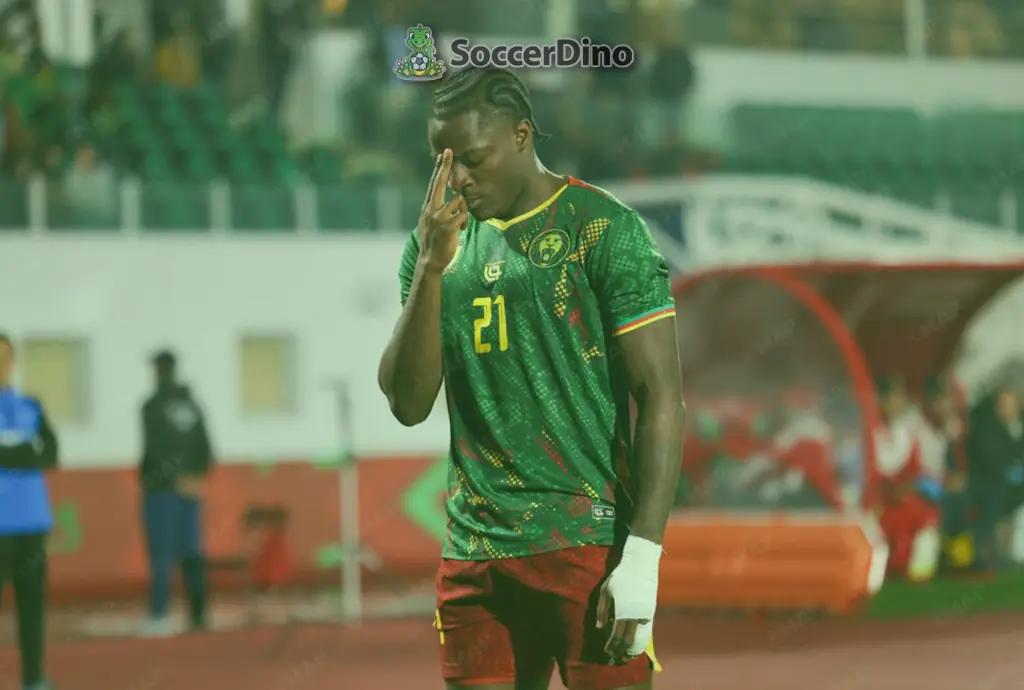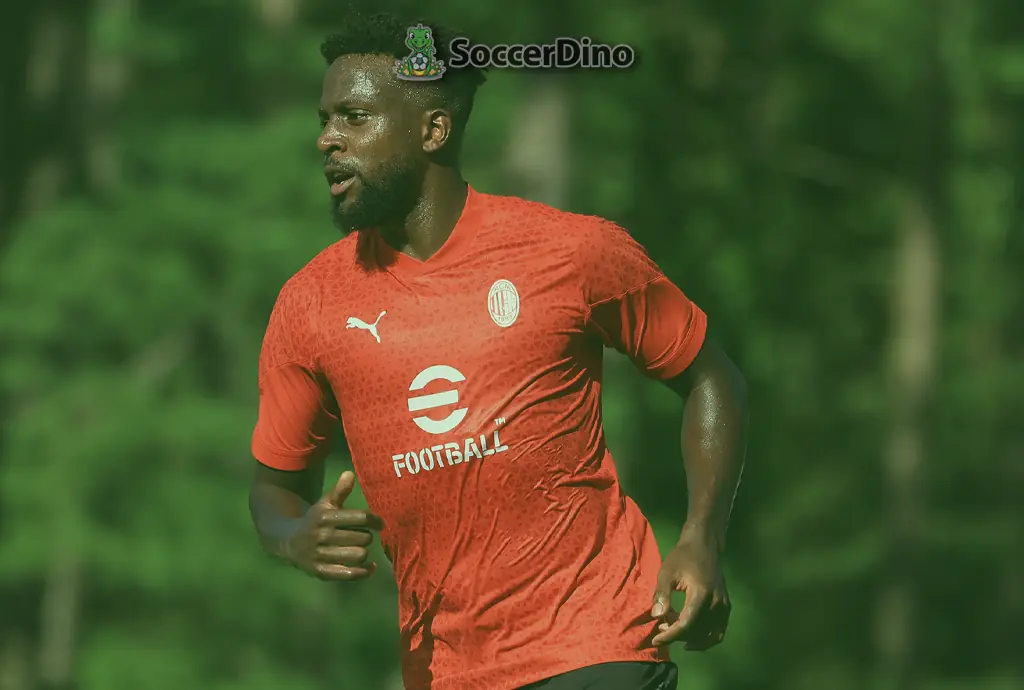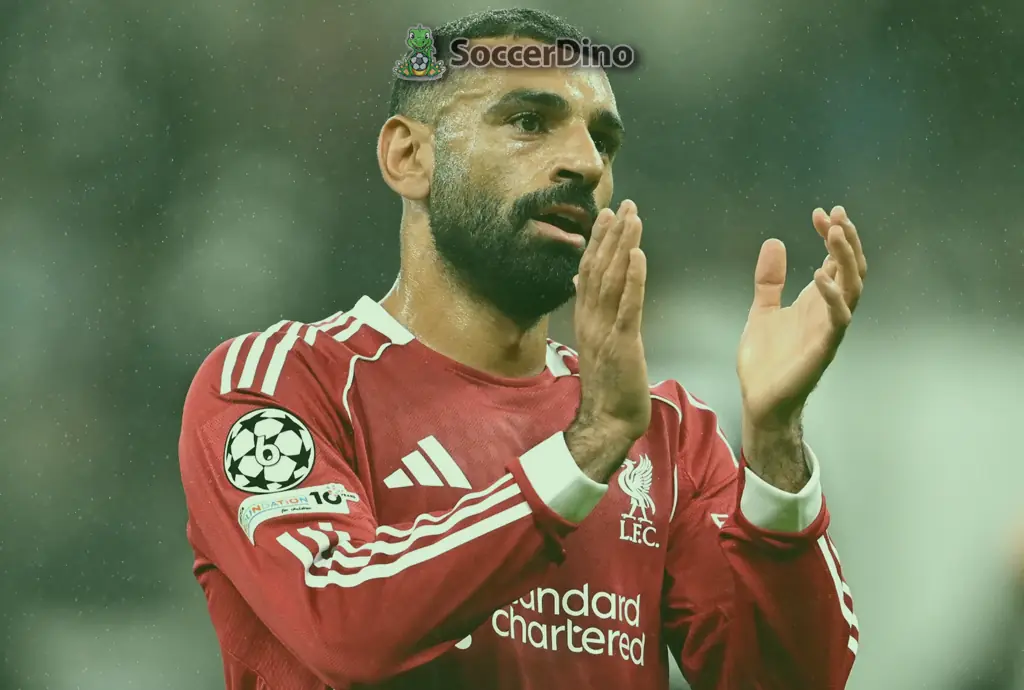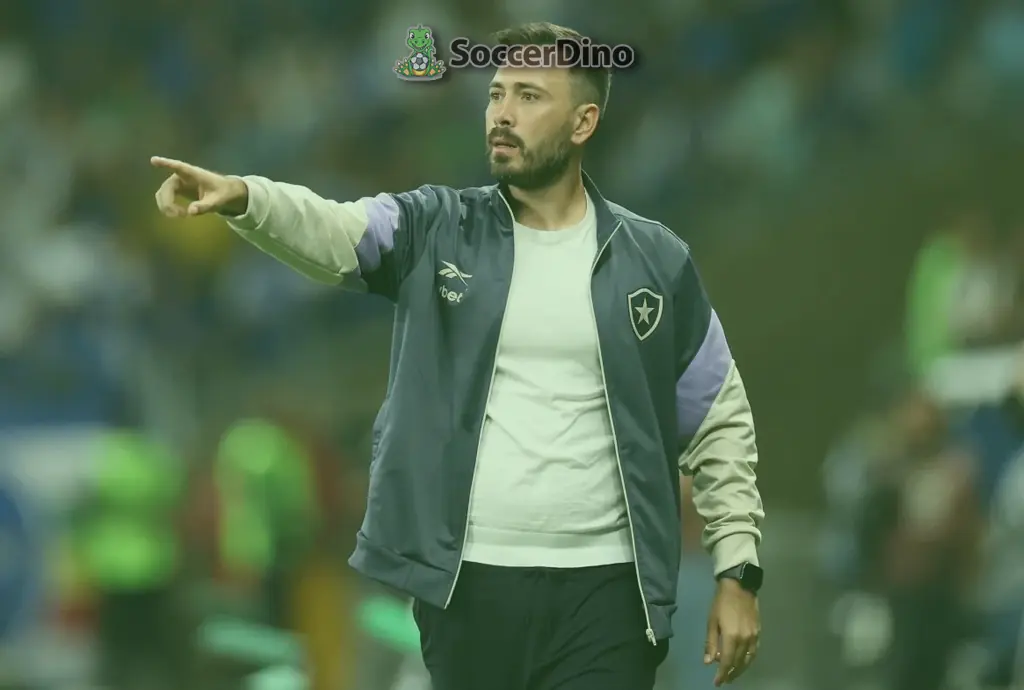Joshua Kimmich, the captain of the German national team, is trying to position his team as the underdog for the upcoming match against the Netherlands on Monday. The Bayern Munich midfielder points to the many absences. He also expresses a different opinion on the match schedule.

"It feels like half the team is missing, and we have nine new players, but we'll still aim to finish the two matches successfully.
However, it's hard to cope with this because it's not like the core of this group has been together for five years," Kimmich explained to Sportschau. The German national team is facing significant challenges with a long list of injured players, yet the captain remains optimistic about their upcoming fixtures.
The list of injured absentees includes key players like Marc-André ter Stegen, Jamal Musiala, Niclas Füllkrug, Kai Havertz, Robin Koch, and David Raum, all sidelined due to various injuries. These absences have left a noticeable gap in the squad, compounded by the retirements of veterans Manuel Neuer, Toni Kroos, and Ilkay Gündogan after the Euro 2024 tournament. Despite this, Kimmich emphasizes that the team's objective remains unchanged: to perform well and secure victories in their next matches.
During the press conference, Kimmich was also questioned about his stance on the match schedule, which many of his teammates have criticized as being overly congested. However, Kimmich has a different view, stating that he actually enjoys the busy schedule. "I might not be popular for saying this, but I like playing a lot of matches," he admitted. "I'd prefer a midweek game over a midweek break, honestly. Does it lead to more injuries? Well, we have larger squads nowadays, and injuries happen anyway. Often, it's just accidents, and you can't prevent those."
His comments stand in contrast to growing concerns from other players and coaches across Europe, who have raised alarms about player fatigue and increased injury risks due to the relentless football calendar. Kimmich, though, downplays these fears, believing that modern football's larger squads can help mitigate the effects of frequent matches, and injuries are sometimes inevitable regardless of scheduling.
Germany’s upcoming matches will test this resilience, as they face Bosnia-Herzegovina on Friday and the Netherlands on Monday in the Nations League. Both fixtures are critical in determining the standings in their group. With four points from two matches, Germany and the Netherlands are currently leading the group, while Hungary and Bosnia sit behind with one point each. The top two teams from the group will advance to the quarterfinals of the Nations League, adding extra pressure for Germany to secure positive results despite their depleted squad.
Kimmich’s leadership will be key in guiding this relatively new and inexperienced lineup through these challenges. With the likes of Musiala and Havertz missing, younger and less-experienced players will need to step up in their absence. Germany will be hoping that despite the setbacks, they can continue their strong Nations League campaign and secure a place in the next stage of the tournament.







